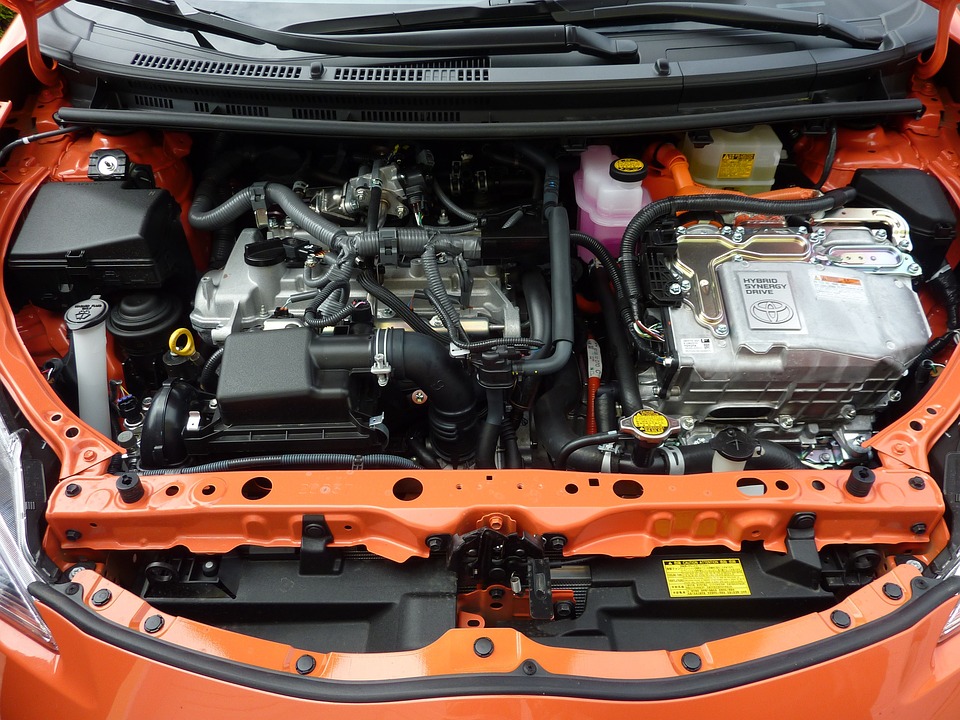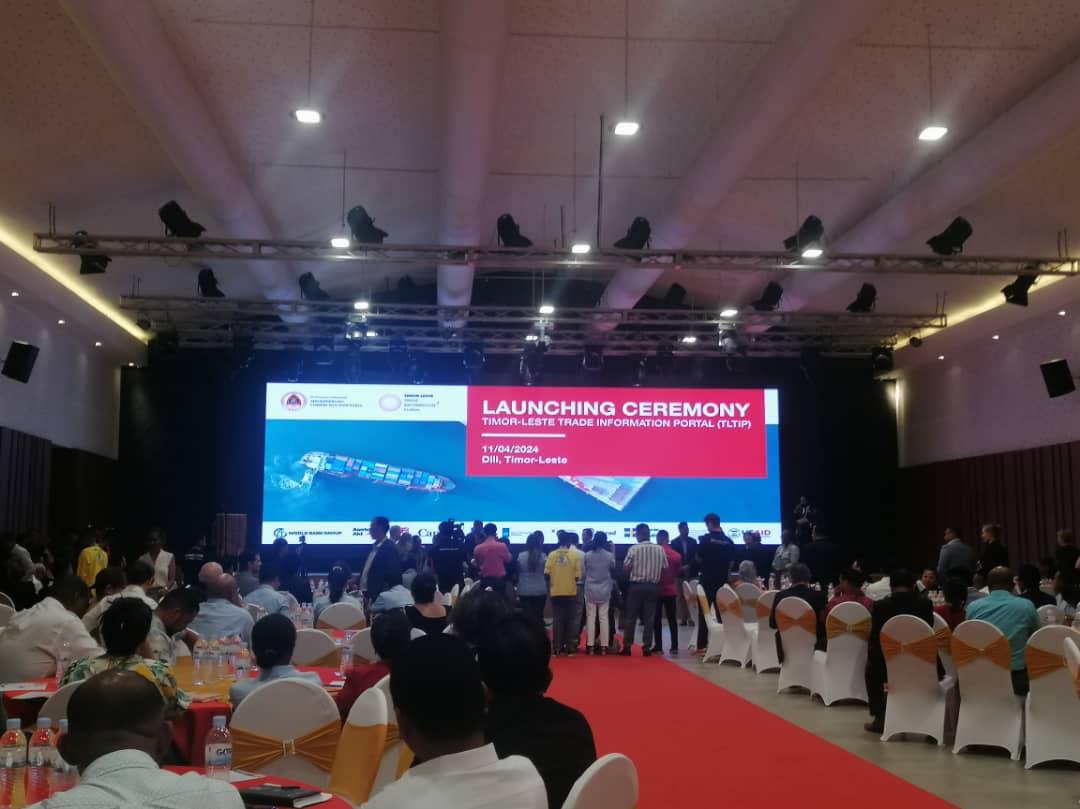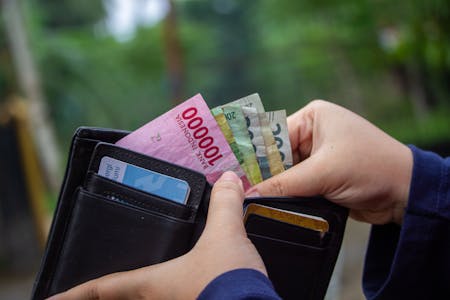Thailand has seen a rise in investment from Taiwan as the Southeast Asian nation seeks to build up its electric-vehicle and chip industries, even as it stays open for business with mainland China.
One of the newest symbols of this expansion is a plant by Taiwan's Delta Electronics in an industrial park in Samut Prakan province, east of Bangkok.
During a visit last moth, Prime Minister Srettha Thavisin said his government was happy to support the project, which is in line with the Ignite Thailand vision to promote the domestic EV industry in Southeast Asia's top auto producer. The government has offered tax incentives and other attractions for investment.
Delta's new plant will make equipment for vehicles and EV chargers. The roughly 3 billion baht ($82 million) facility includes a research and development center.
Delta's Thai subsidiary is listed on the Bangkok stock market and ranks among the top three companies in market capitalization. Growing geopolitical risks have pushed the Delta group to scale down production in China and expand investment in Thailand.
Srettha credited Delta for "bolstering Thailand's supply chain ecosystem" for EVs and said that the government will continue to provide support.
Elsewhere in Thailand's EV sector, iPhone assembler Hon Hai Precision Industry, also known as Foxconn, has joined forces with state-owned energy group PTT to build a plant that will manufacture EVs on contract. Taiwan's Kymco has partnered with PTT to roll out electric motorcycles in the Thai market.
Taiwanese companies are investing in Thailand's semiconductor industry as well. Circuit board maker Zhen Ding Technology and Thai conglomerate Saha Group will build a plant in Thailand's east. The first phase of the project is expected to cost 10 billion baht, with operations slated to begin next year.
Source : NIKKEI ASIA
























